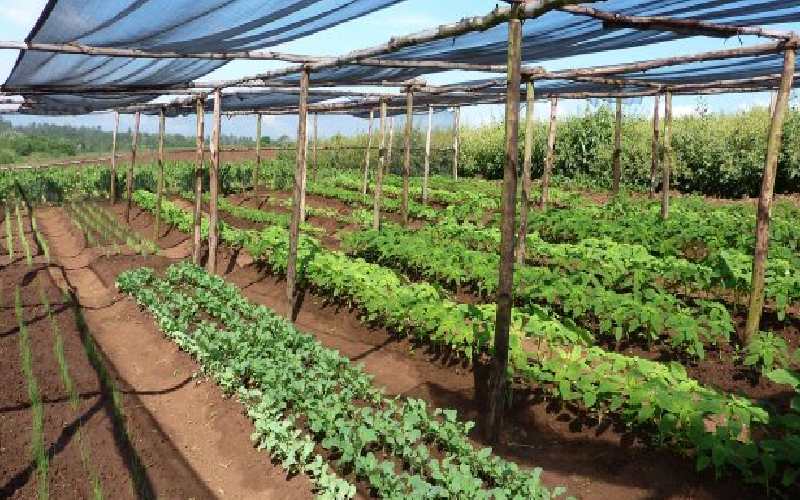×
The Standard e-Paper
Home To Bold Columnists

The 2020 Nobel peace prize has been awarded to the United Nations World Food Programme (WFP) for its efforts to combat hunger, foster conditions for peace in conflict-affected areas and prevent the use of hunger as a weapon of war. This choice starkly underscores growing concern about increasing Global food insecurity and the clear connections between hunger and conflict.






